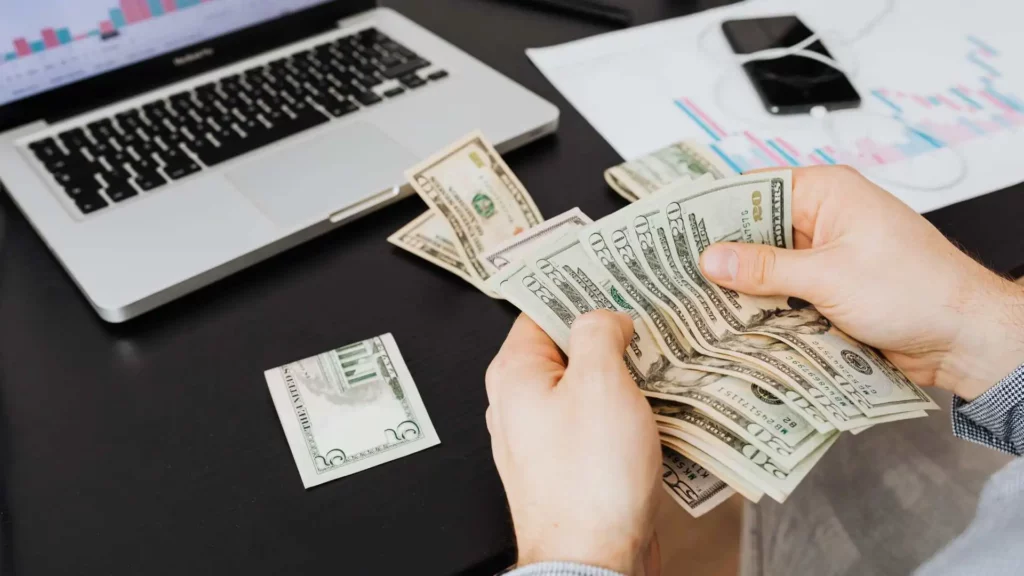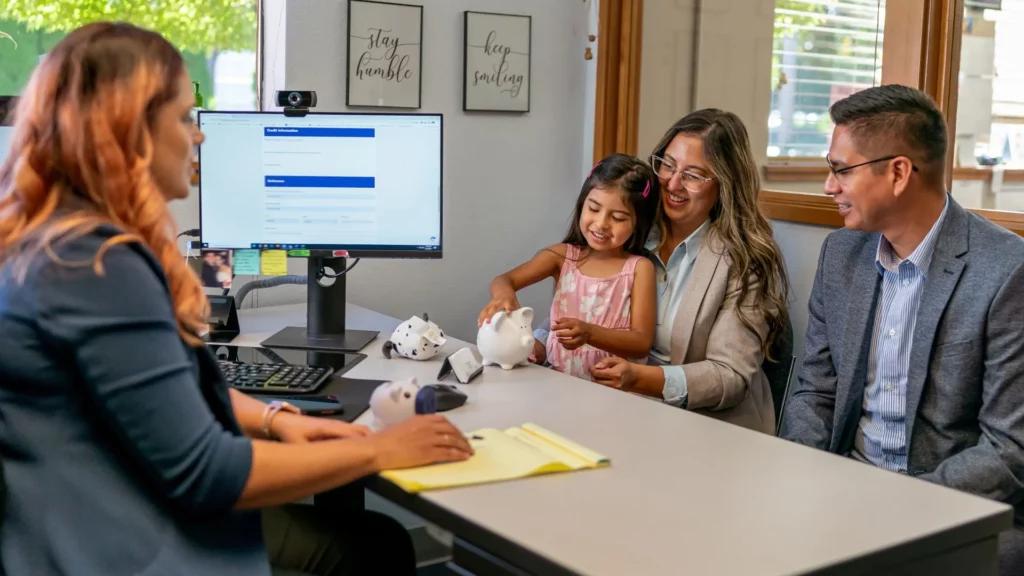A checking account doesn’t provide interest, but you have to maintain the minimum balance requirement and enough cash to honor your transactions and get easy access to cash. The average checking account balance is around $1250. Though it is a debatable question over how much cash you should keep in a checking account, there is an easy way to find the number. So, if you are confused about how much cash to keep in your checking account, let us help you.
Track Your Expenses
A checking account surplus would not yield you interest, you have the option to choose other accounts such as retirement or savings account, for your idle cash. And thus knowing how much you should keep in a checking account is crucial. The calculation here depends on your budget of expenses and thus tracking them is important.
You should keep a daily log of expenses for a month or two which includes all your purchases from credit cards or other modes but are debited from your checking account. Also, you should have at least these amounts in your checking account in addition to 20% to 30% as buffer cash. In this way, you can also avoid the penalty of a check bounce and minimum balance violations. Have a little extra in your checking account but make it calculative.
Invest Your Surplus Cash
Once you know how much you need to sustain in the checking account, employ the rest of the capital to earn interest. You can open an online bank account as they provide higher interest rates above the national average of 0.06%. Some banks also offer rates as high as 0.40%. This way, you will make your money work for you, and in case of an emergency, you will have easy access to withdraw it.
You can save around 3-6 months of your income or the amount you need to sustain your living in a savings account. It can be your emergency fund. When you achieve this milestone, it is time to move ahead to a new one, which is retirement savings. You can start contributing to your retirement savings fund early if you have extra cash. It will work in your favor. You can save in a specific retirement savings account or also in 401(k)s.
Long-term Savings
Because you already have money saved for emergencies, you can rest assured that long-term savings are a good choice. You will also be able to avoid charges by keeping adequate funds in your checking and savings accounts. But make sure that you come to the decision on how much to keep in a checking and savings account after calculating everything.
FAQs
1. What Amount Should You Have In Your Checking Account?
You should track your expenses for 1 or 2 months and should have that much amount in your checking account in addition to a 20% to 30% additional capital.
2. Which Account Is Best to Keep the Money?
You should have a checking as well as a savings account. The reason is that both accounts fulfill different requirements. A checking account is for paying bills and honor payments, while a savings account earns you interest income and helps you save for an emergency.
3. What Is the Average Balance People Have in a Bank Account?
If you have saved more than $250,000, it can be tagged as excessive. FDIC insures a sum up to $250,000 in case a bank goes bankrupt, and thus it is advisable not to keep money in a single savings account. You can save for an emergency which can cover the cost of 3 to 6 months of living expenses.























